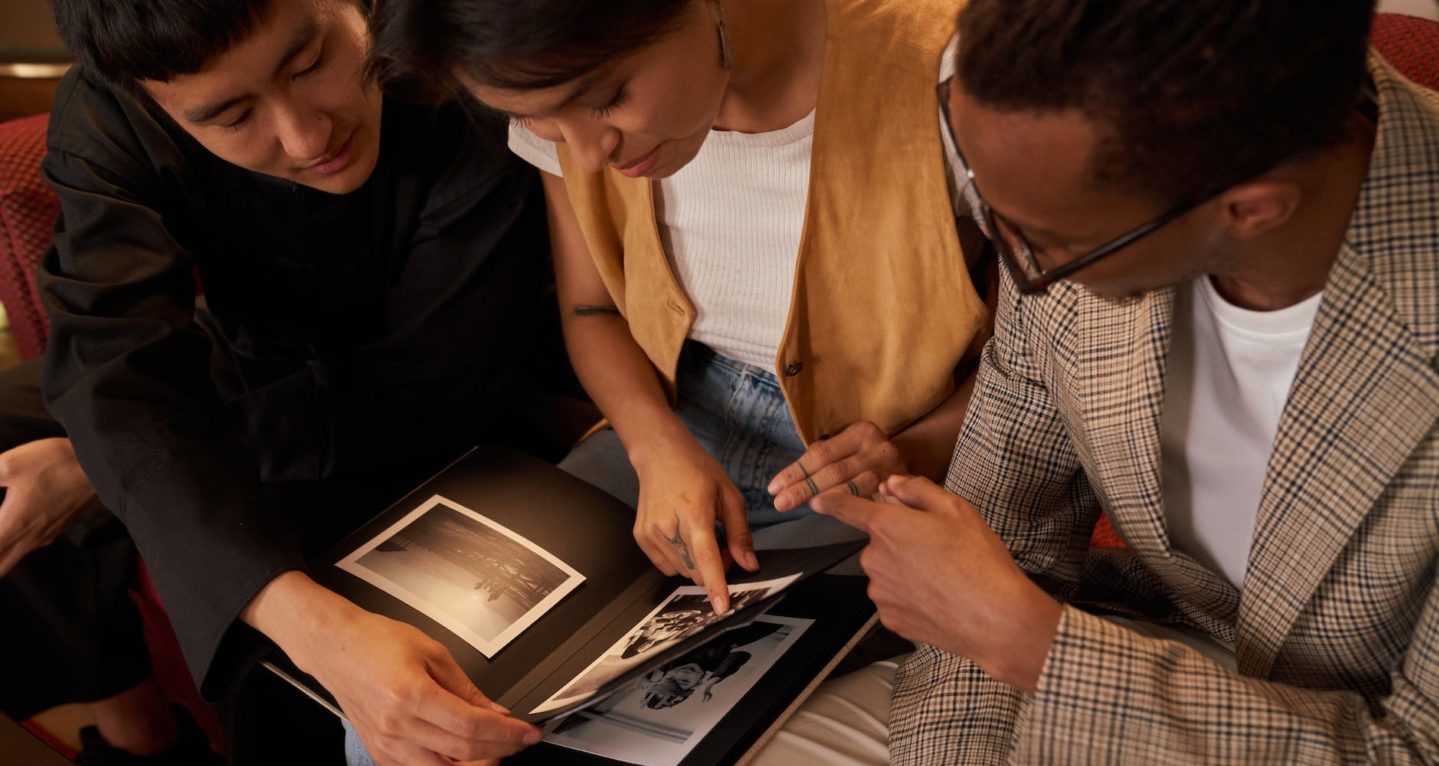Emergence in the brain, Part I
Emergence might be incontrovertible to physicists or mathematicians, but not in neuroscience. Why is it so controversial? One reason seems clear. It’s fair to say that neuroscience follows what could be called Herbert Simon’s dictum: we’re interested and indeed comfortable in taking on research problems and domains that involve near-decomposable …





